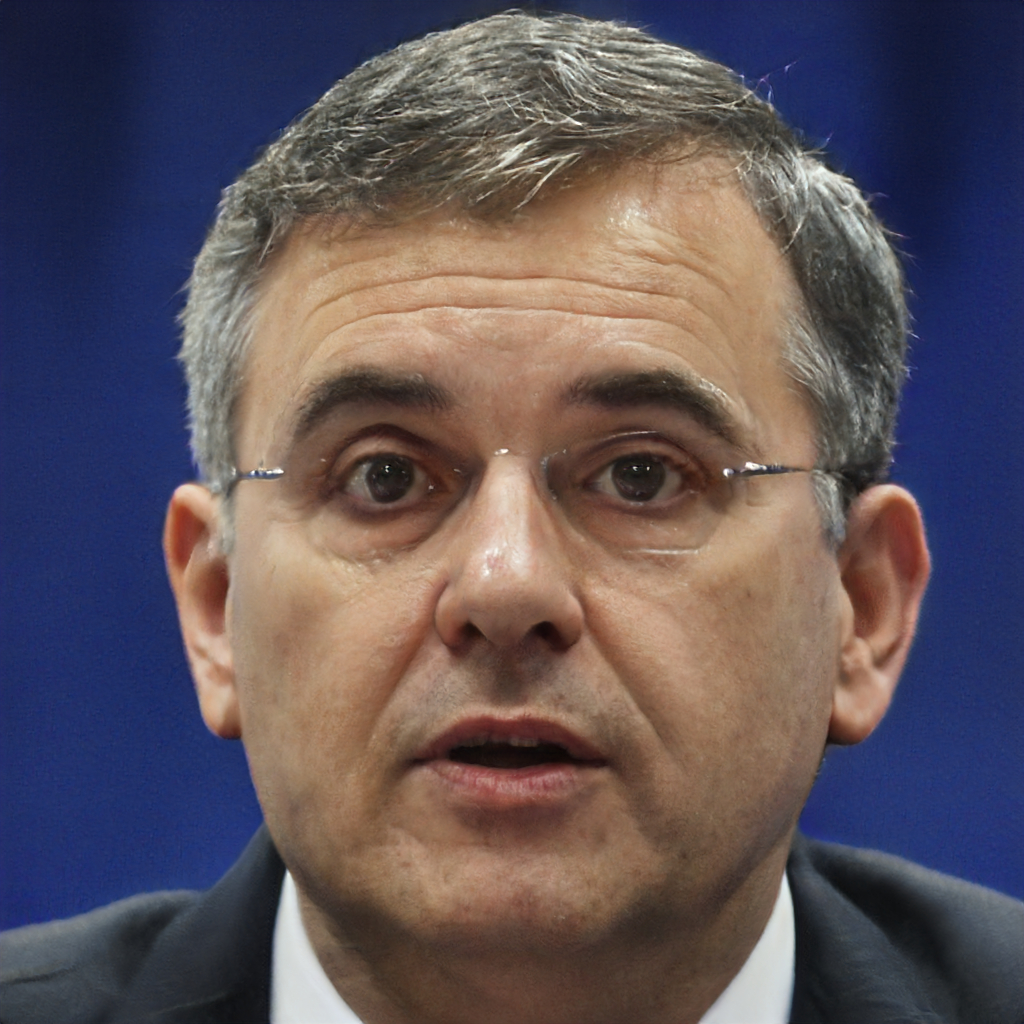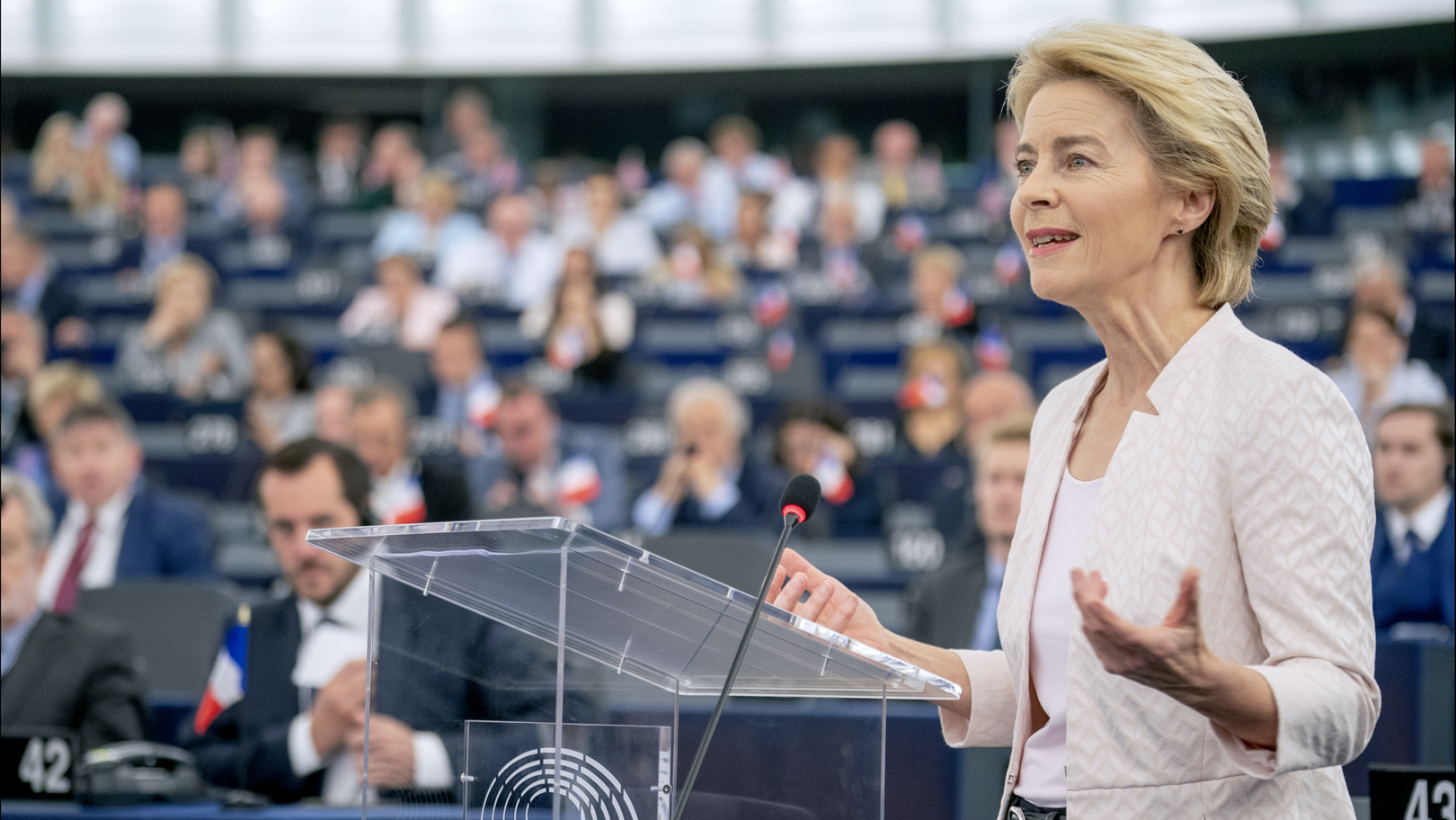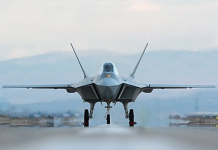EC President Von der Leyen has lighted the way forward, for Europe’s diplomatic and Security global stance, stating that Europe needed to become more assertive in the world. And, for that, it needs to better coordinate military industrial potential, and make sense of all that Europe’s armies has to offer.
Ursula Von der Leyen, European Commission president, had a powerful platform in Davos, in January of 2020, and used it to push her main agenda: increasing the EU’s gravitas on the international scene. Realizing that the EU was meaningful and powerful on the economic and industrial scene, but less so on the political and security scene. Von der Leyen is sensitive to military matters, as former German Defense Minister, under Bundeskanzlerin Angela Merkel. As such, she has observed the weaknesses of the EU, in its global security policy.
Reaping the dividends of the 70 years of unprecedented peace, Europe must remain aware of how delicate the equilibrium of peace is, Von der Leyen reminded the audience. In her Davos speech, Von der Leyen said: “This is about Europe shaping its own future. But to be more assertive in the world, we know we must step up in some fields. Recent events have exposed where we have to do more. Libya shows the cost of division and hesitation.”
The European commission president reminded the conference how active and committed the EU is on the pre-crisis management and development international scene, but conceded that Europe needed to step up its military power. “During the last decade, Europeans learnt the importance of a stable neighborhood. From Ukraine to the shores of the Mediterranean, from the Western Balkans to the Sahel, we have learnt the importance to invest more in long-term stability and to prevent crises. This is where Europe can make a real difference”, she added.
Von der Leyen was then supported by Nathalie Loiseau, a member of the European Parliament. As a French European MP, Loiseau echoed President Macron’s commitment to developing European defence and furthering the integration process. France has recently taken the lead on Europe-wide military matters and is seeking support from its partners, in order to embody the EU’s ambitions. At the top of EU’s and France’s programs, is the recent European Intervention Initiative, with a forecast area of responsibility
Europe still needs to find its alignment with other supranational bodies, such as NATO. The EU doesn’t aim to replace NATO but sees itself rather as a complement and a partner in global security. In January of 2020, NATO Secretary General Jens Stoltenberg “welcomed closer NATO-EU cooperation, including on maritime security, military mobility, and countering cyber and hybrid attacks”. However, EU does not limit its ambitions to border security and intends to become, eventually a full-fledged military player on the global scene.






